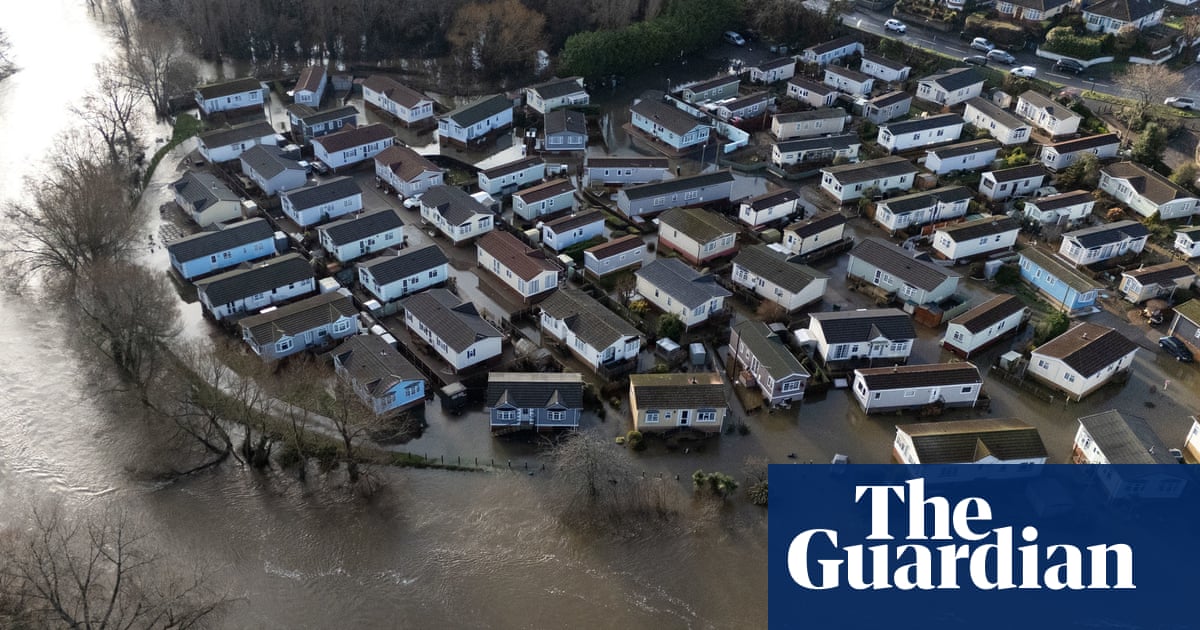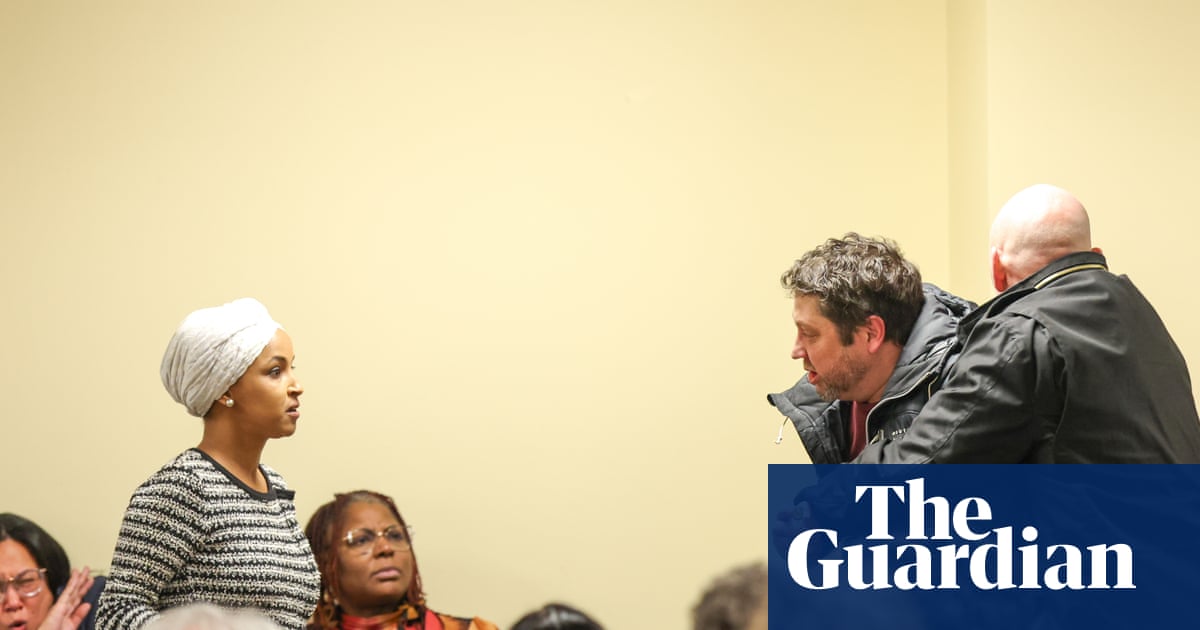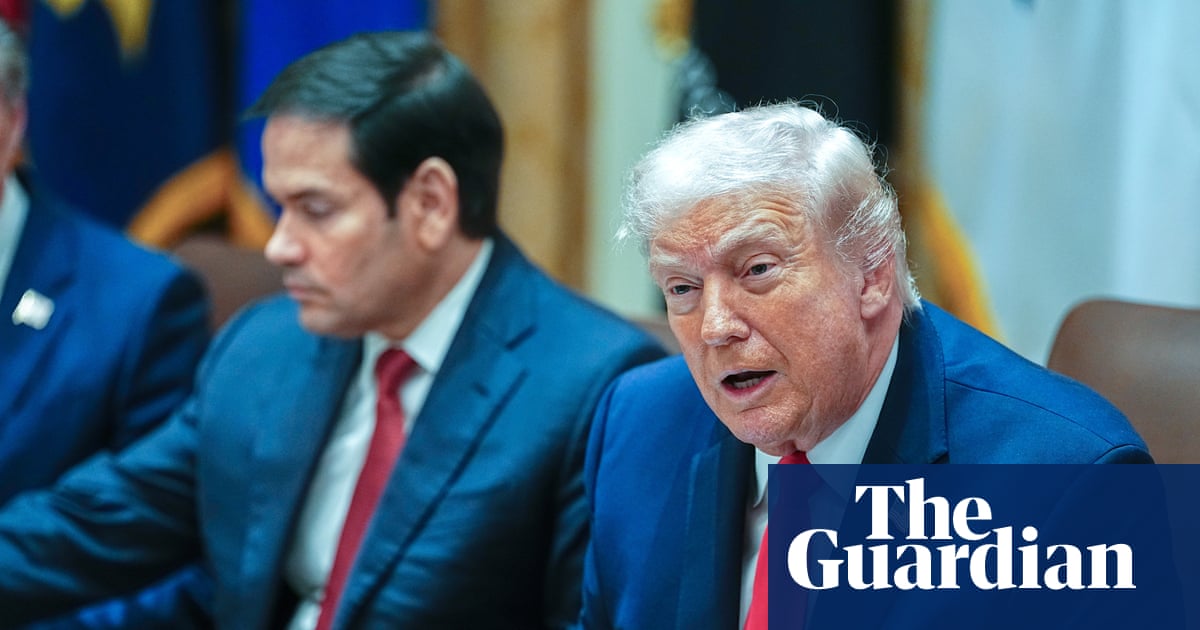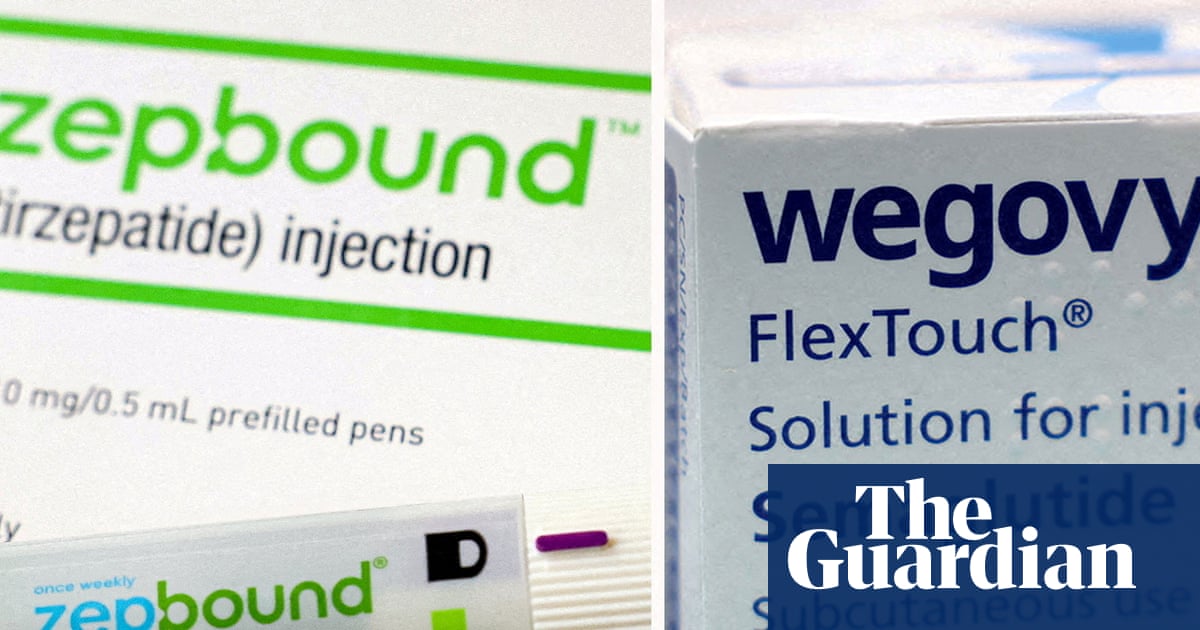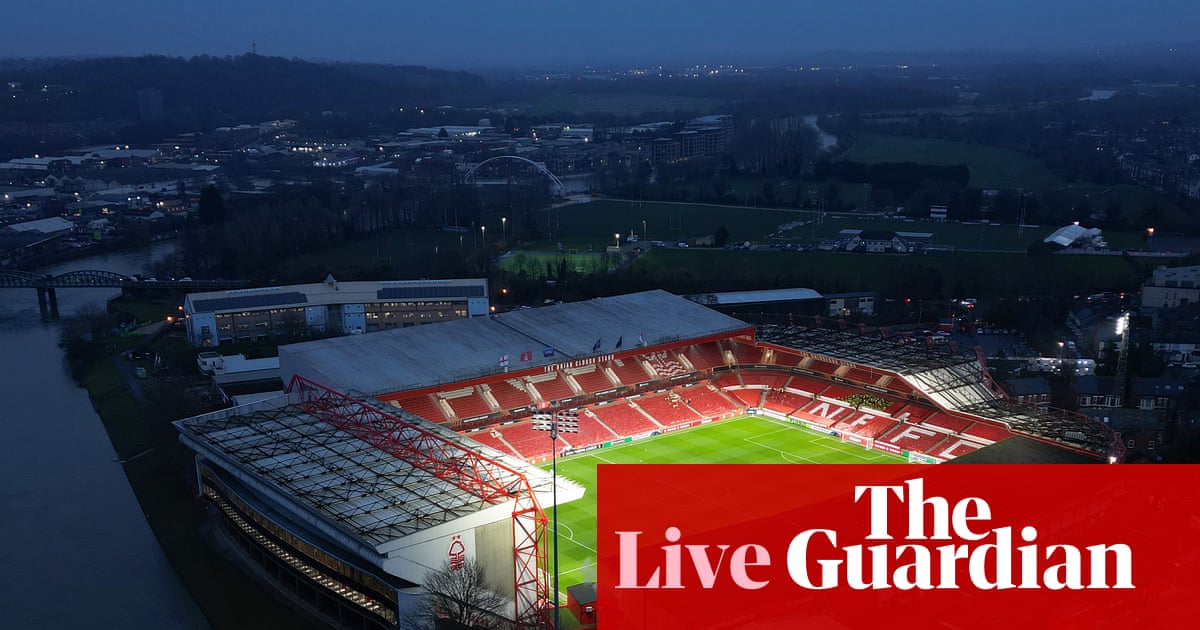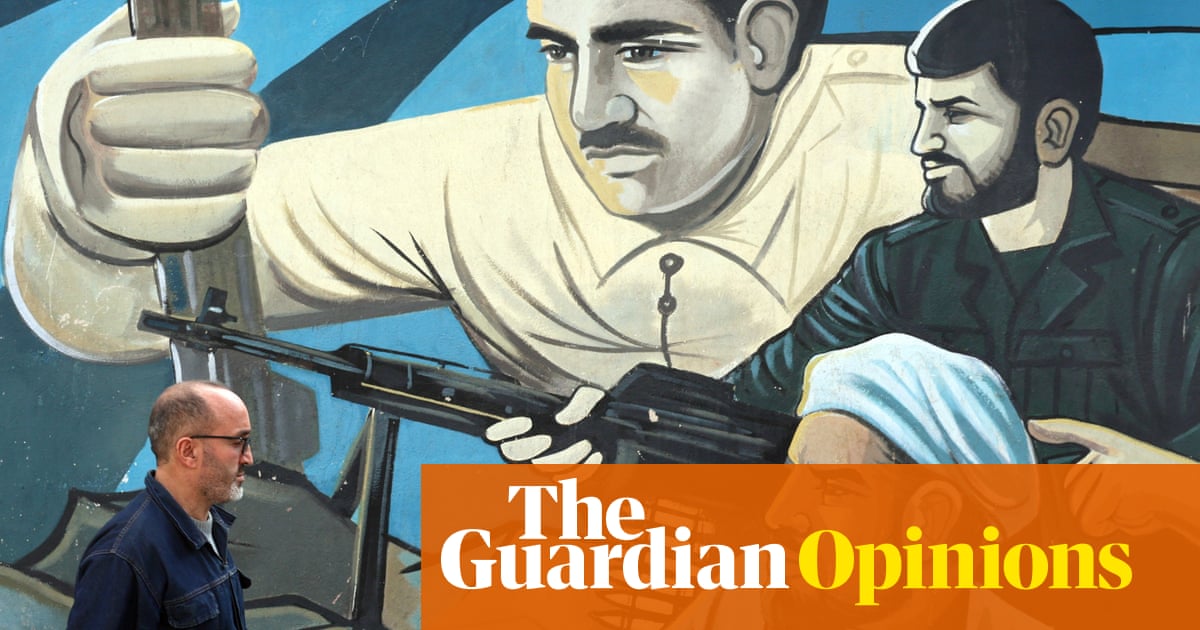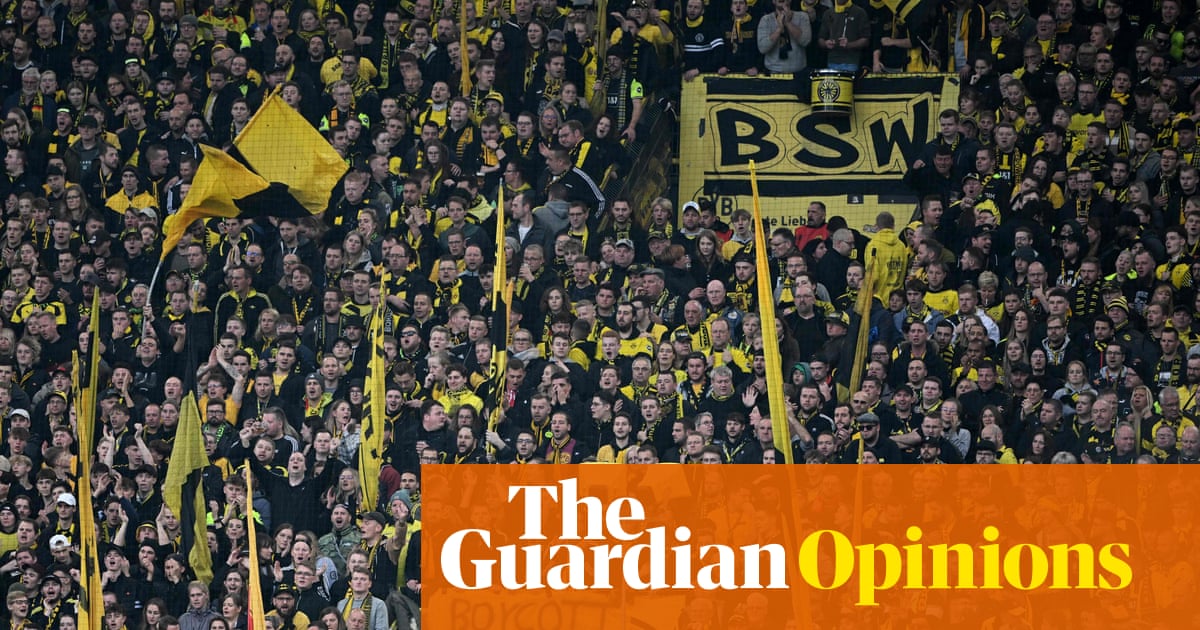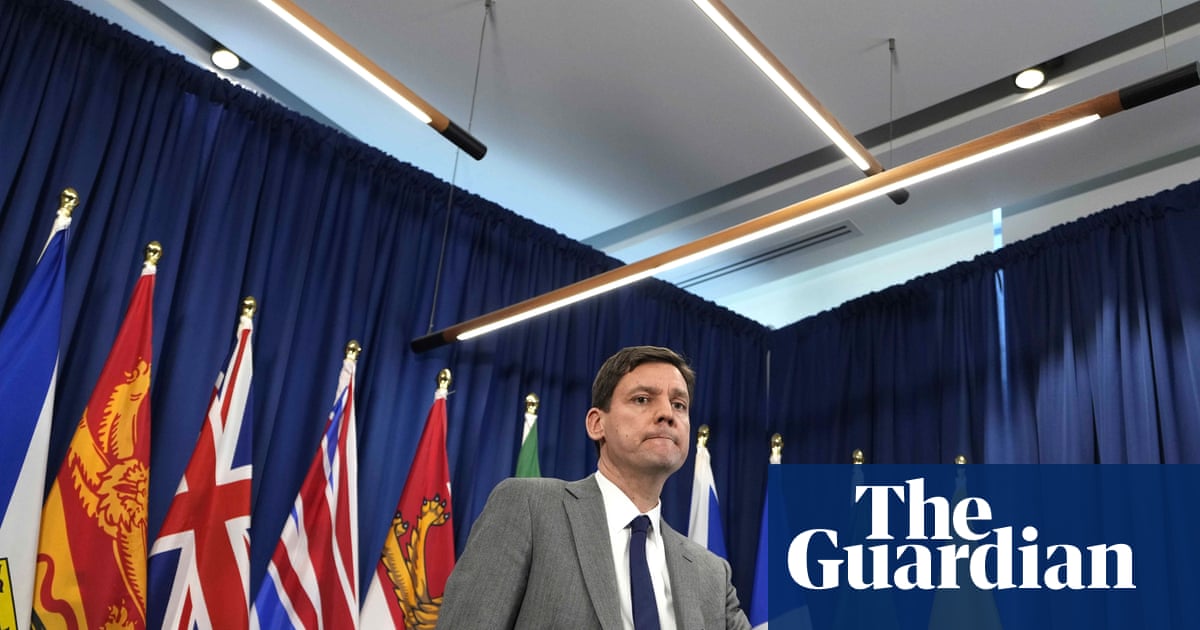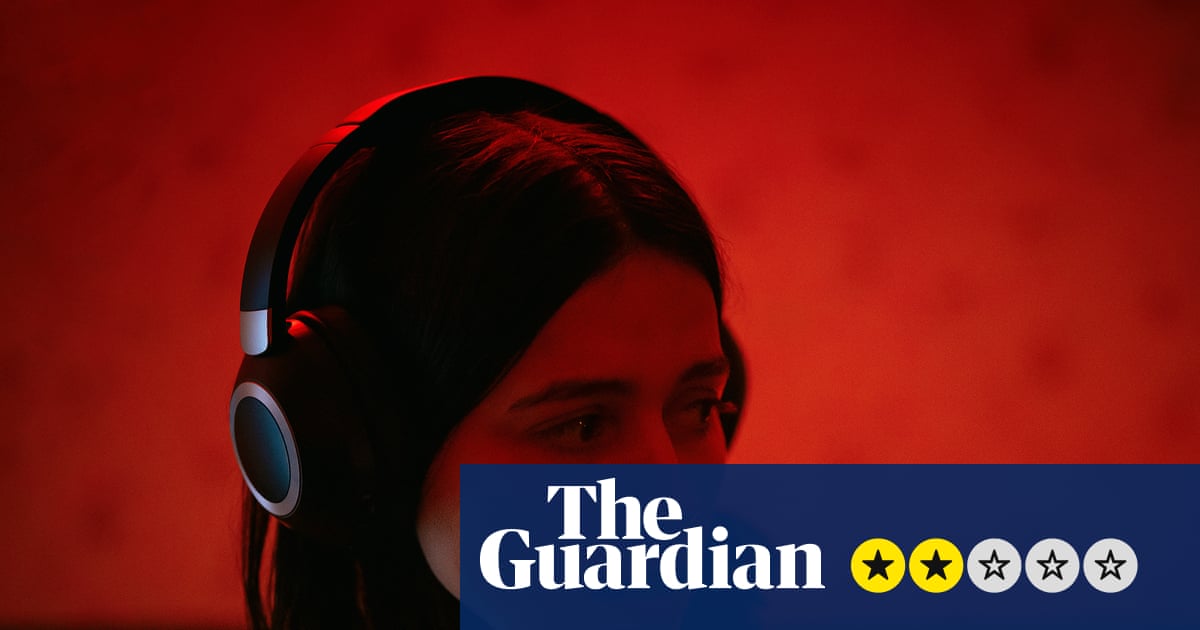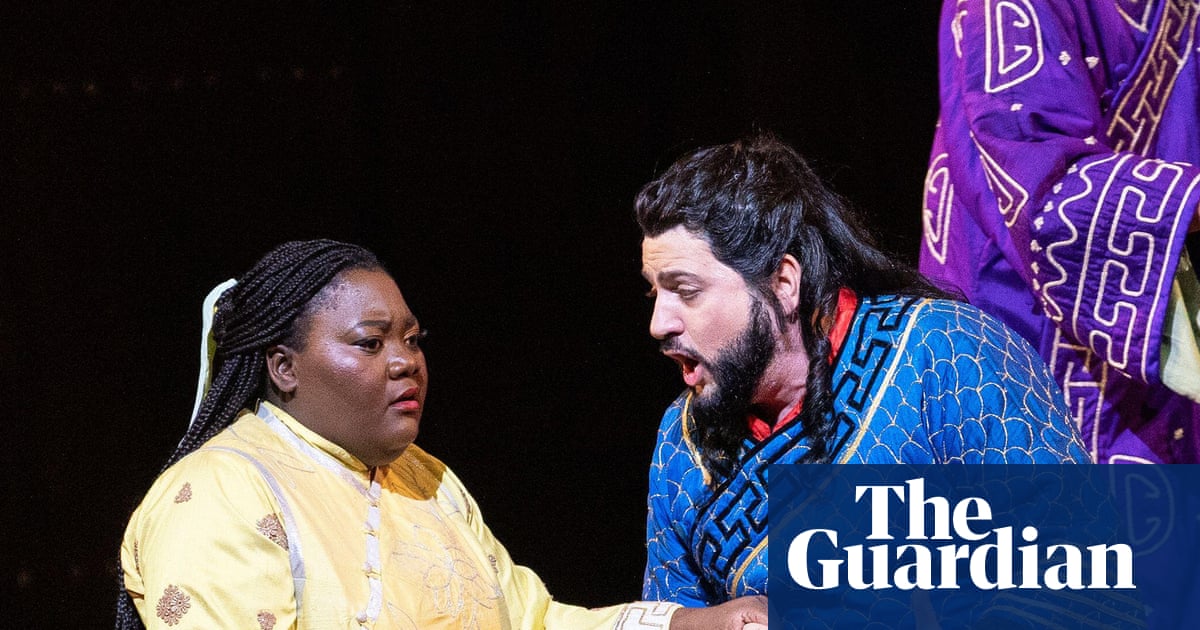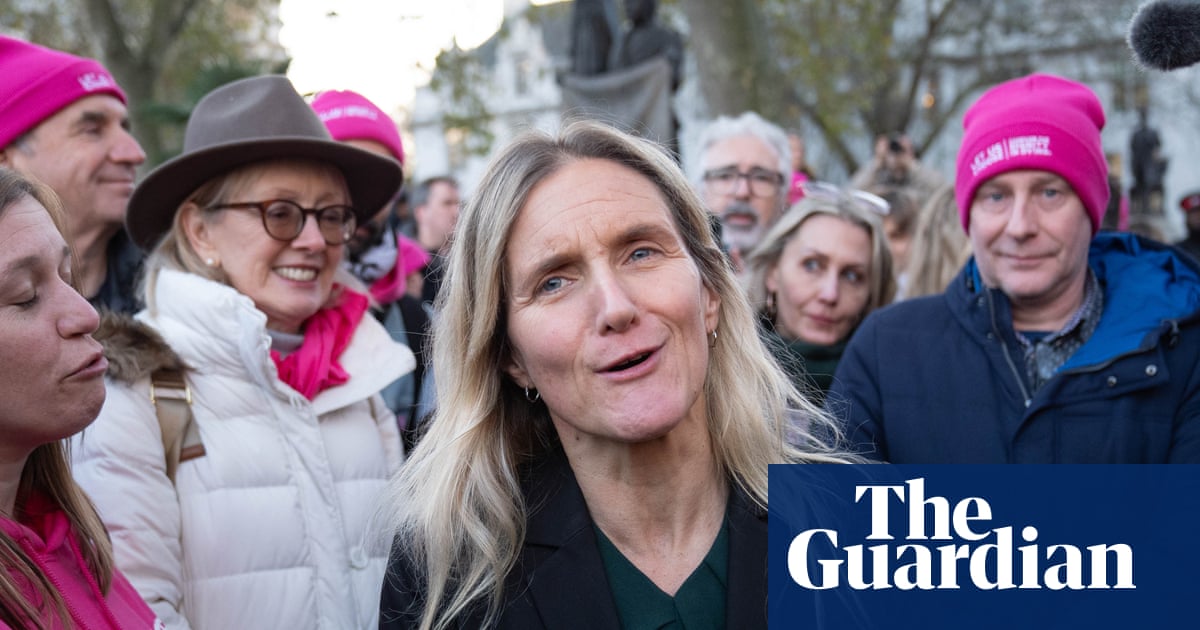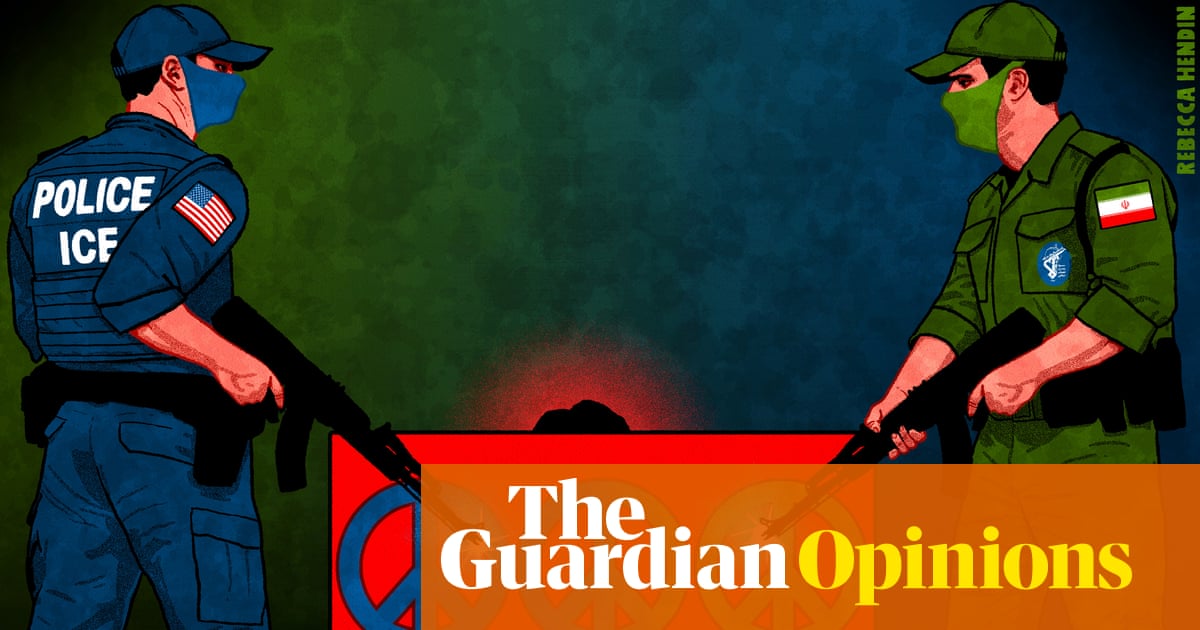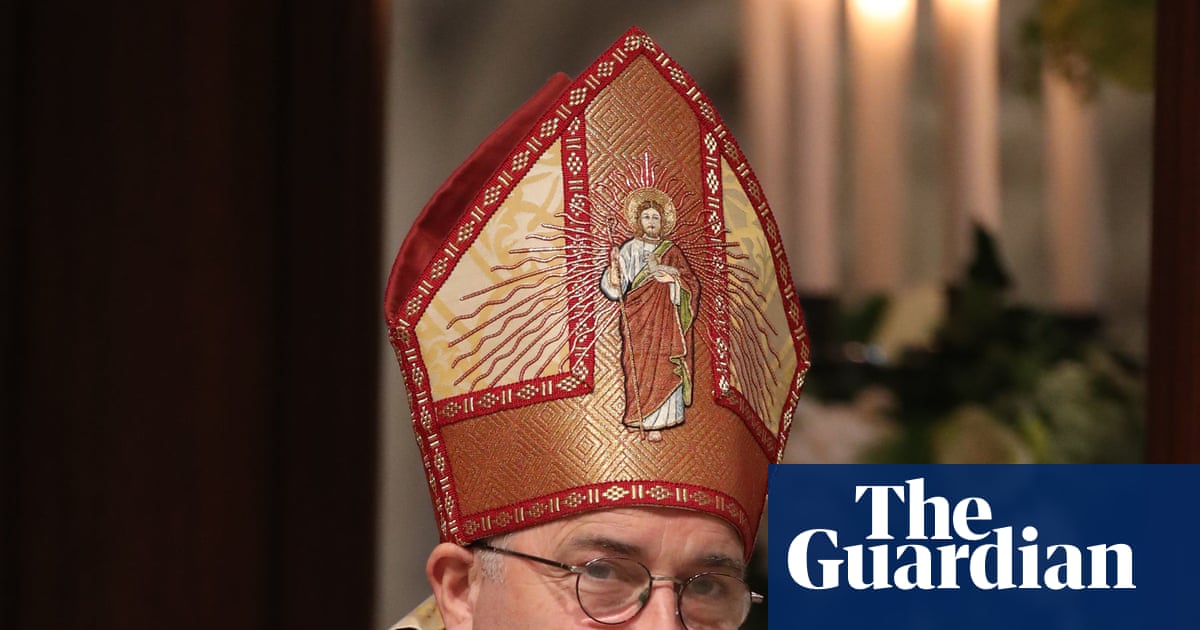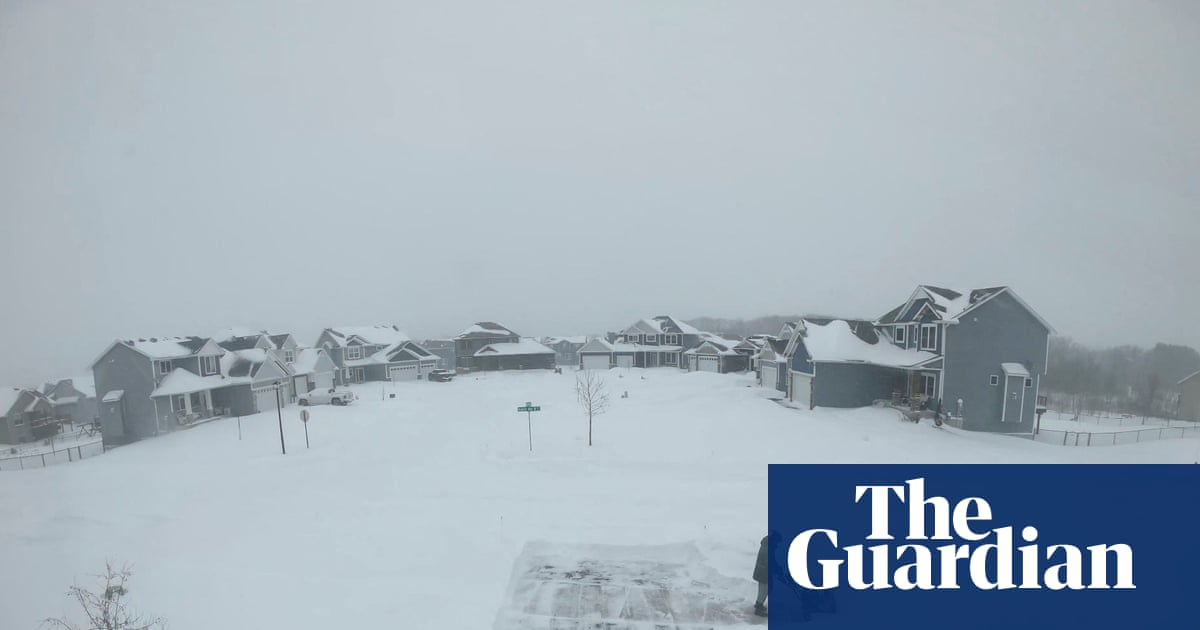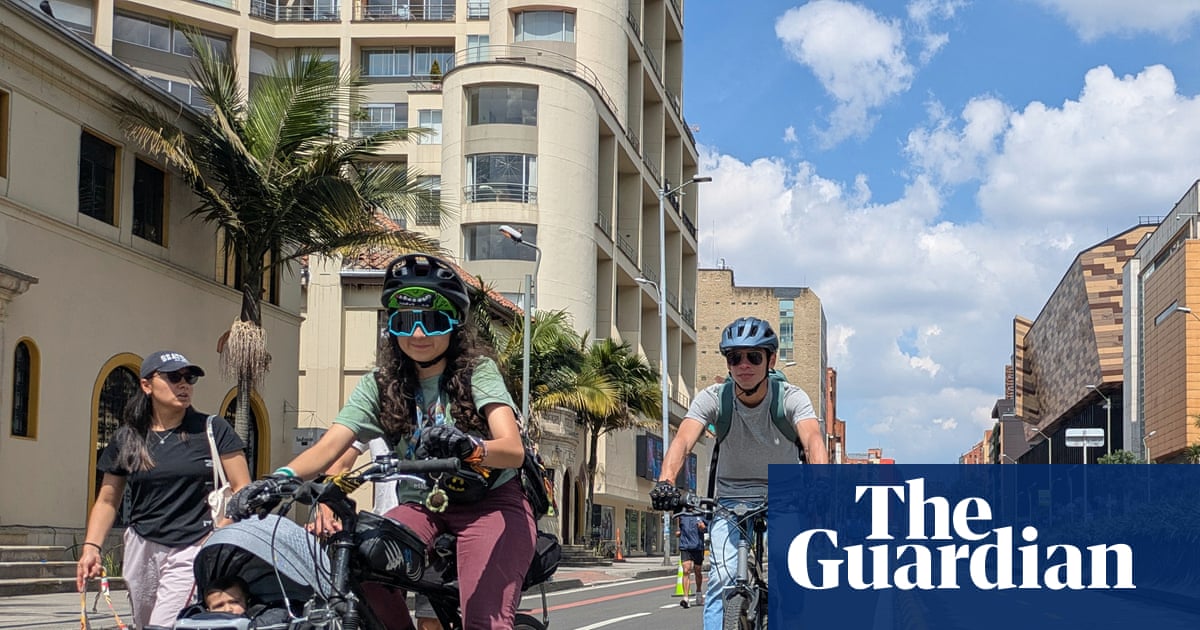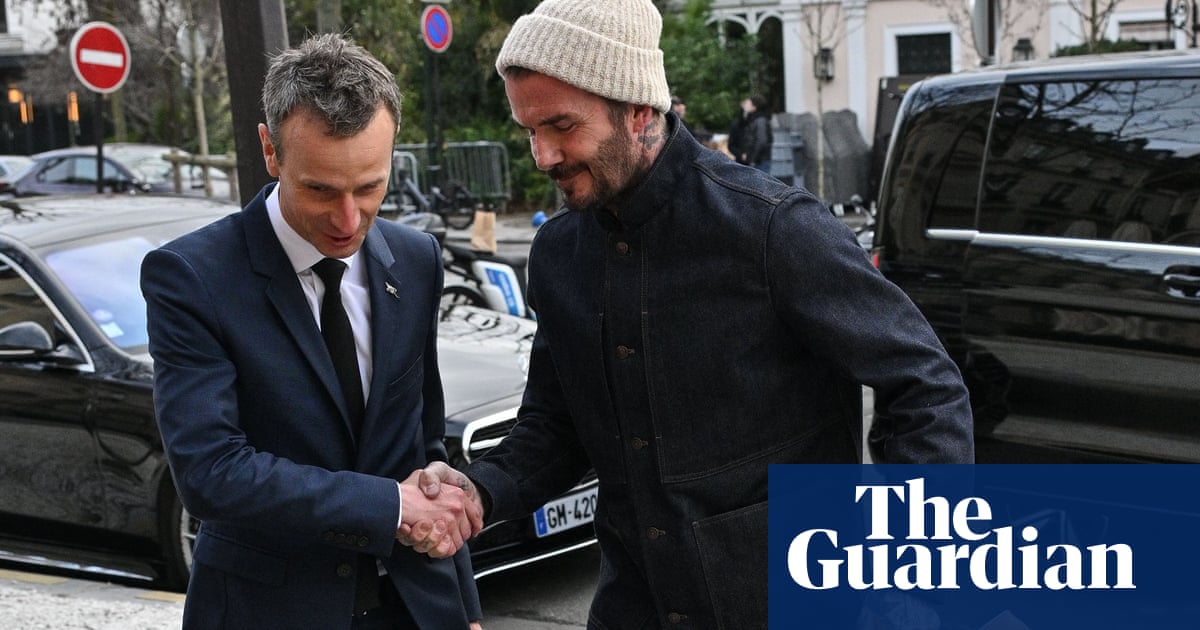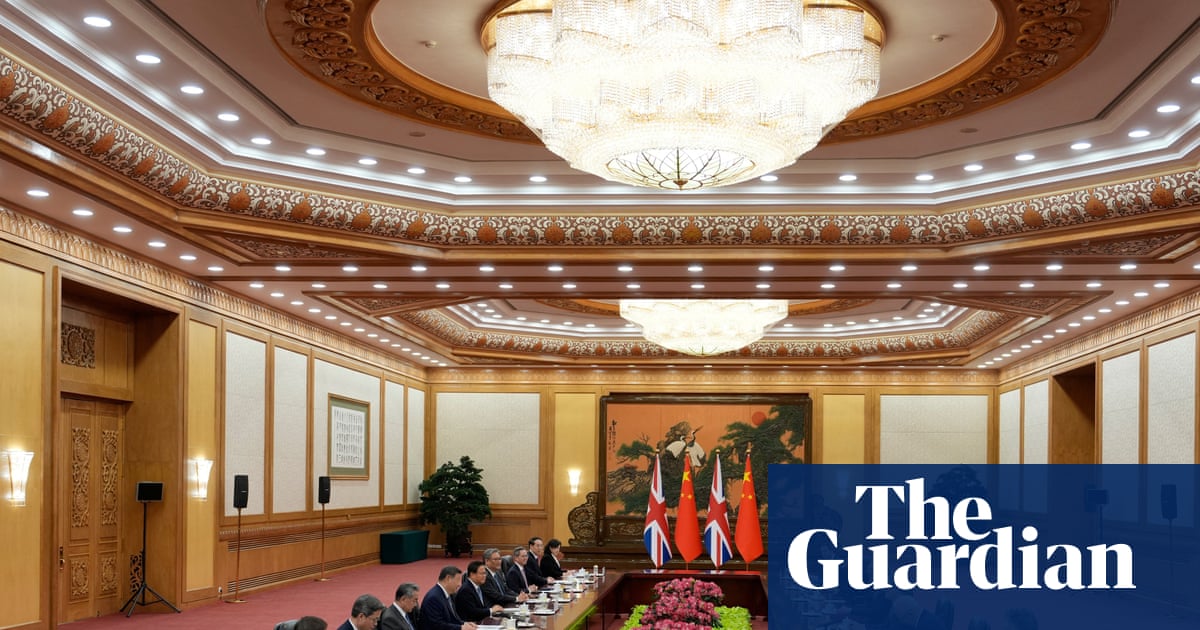Venezuela’s authoritarian president, Nicolás Maduro, has urged Donald Trump not to lead the US into an Afghanistan-style “forever war”, as the American military buildup in the region intensified and Trump’s defence secretary, Pete Hegseth, vowed to purge the Americas of “narco-terrorists”.
Speaking to CNN outside the Miraflores presidential palace in Venezuela’s capital, Caracas, Maduro called on Trump to make peace, not war, after the world’s largest aircraft carrier, USS Gerald R Ford, arrived in the region.
“No more forever wars. No more unjust wars. No more Libya. No more Afghanistan. Long live peace,” Maduro, 62, declared late on Thursday as he pushed his way through crowds to reach a pro-government rally.
Hours after the Venezuelan leader spoke, Hegseth sought to pile further pressure on Venezuela’s leader, announcing what he called Operation Southern Spear.
“The Western Hemisphere is America’s neighborhood – and we will protect it,” Hegseth tweeted. He said the Southern Command mission would defend “our homeland” and secure it from “the drugs that are killing our people”.
It is unclear why Hegseth made the announcement now, 10 months after the US Naval Forces Southern Command declared the impending launch of the operation, which it said would use “a heterogeneous mix of robotic and autonomous systems to support the detection and monitoring of illicit trafficking” in the Caribbean.
Hegseth’s comments could perhaps have been a headline-grabbing effort to rebrand Trump’s pressure campaign against Maduro, which has involved a series of deadly strikes on alleged drug smuggling boats in the Caribbean and Pacific.
Officially, the massive US deployment is part of the Trump administration’s “war on drugs” and designed to stop Latin America drug cartels “flooding” the US with cocaine and fentanyl.
But Venezuela is not a cocaine producer – that work is done almost entirely in Bolivia, Colombia and Peru – nor is it part of the fentanyl smuggling network, which is focused on Mexico.
As a result, many observers have come to see Trump’s deployment – the largest in the region since the 1989 invasion of Panama – as a political crusade devised to achieve something the US president failed to do during his first term: overthrow Maduro.
CBS News reported this week that senior military officials had handed Trump “options for potential operations in Venezuela, including strikes on land”, although two sources insisted no final decision had been made.
Venezuela’s foreign minister, Yván Gil, sent a defiant message to “the North American empire”. “Don’t you dare [attack]. We are ready,” he said.
Amid growing speculation that an aerial attack on Venezuelan soil was imminent, Reuters said Maduro’s regime had drawn up plans for “a guerrilla-style response” to any US assault.
Those plans reportedly envisage “small military units at more than 280 locations carrying out acts of sabotage and other guerrilla tactics” to repel foreign fighters.
Under a second strategy, described as “anarchisation”, pro-regime groups including the intelligence services would sow chaos on the streets of Caracas “and make Venezuela ungovernable for foreign forces”, two sources told Reuters.

 2 months ago
50
2 months ago
50
